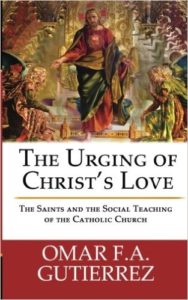Podcast: Play in new window | Download (Duration: 31:19 — 21.6MB) | Embed
Subscribe: Apple Podcasts | Spotify | Amazon Music | Android | Pandora | iHeartRadio | JioSaavn | Podchaser | Gaana | Podcast Index | Email | TuneIn | Deezer | Anghami | RSS | More
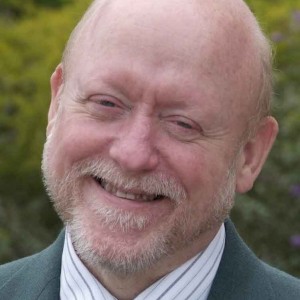
Episode 5 – “Know your Commander and Comrades” – Put on The Armor – A Manual for Spiritual Warfare with Dr. Paul Thigpen Ph.D
Dr. Thigpen offers insights on the Manual for Spiritual Warfare Chapter 3:
How can we possibly defeat “that ancient Serpent who is called the Devil” (Rv 12:9)?
Our Commander, the Lord Jesus Christ, the Conqueror of hell and death, calls us to battle alongside Him against the Enemy so that we can have a share in His victory. To fight the good fight, however, we must know not only our adversary and his strategies; we must also know the comrades that our great Commander has given to us.
The Book of Revelation describes Christ’s final return to earth in glory as a Warrior leading a charge in battle against Satan and his allies, with “the armies of heaven” accompanying Him (see Rv 19:11–14). In his two epistles to the Thessalonians, St. Paul specifies who is in those armies: When Christ comes in His final glorious triumph, He will come “with all his saints” (1 Thes 3:13) and “with the angels of His power, in flaming fire” (2 Thes 1:7–8). Even now, those hosts of saints and angels are our comrades in battle.
Visit here for other episodes in this series:
Put On The Armor – A Manual for Spiritual Warfare w/Dr. Paul Thigpen Ph.D.
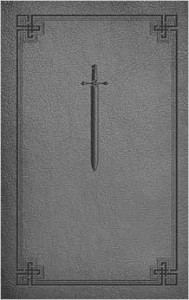 The “Manual for Spiritual Warfare” can be found here
The “Manual for Spiritual Warfare” can be found here
Paul Thigpen, Ph.D., is the Editor of TAN Books in Charlotte, North Carolina. An internationally known speaker, best-selling author, and award-winning journalist, Paul has published forty-three books in a wide variety of genres and subjects: history and biography, spirituality and apologetics, anthologies and devotionals, family life and children’s books, study guides and reference works, fiction and collections of poetry and prayers.
Paul graduated from Yale University in 1977 summa cum laude, Phi Beta Kappa, with Distinction in the Major of Religious Studies. He was later awarded the George W. Woodruff Fellowship at Emory University in Atlanta, where he earned an M.A. (1993) and a Ph.D. (1995) in Historical Theology. In 1993 he was named as a Jacob K. Javits Fellow by the U.S. Department of Education. He has served on the faculty of several universities and colleges.
In 2008 Paul was appointed by the United States Conference of Catholic Bishops to their National Advisory Council for a four-year term. He has served the Church as a theologian, historian, apologist, evangelist, and catechist in a number of settings, speaking frequently in Catholic and secular media broadcasts and at conferences, seminars, parish missions, and scholarly gatherings.

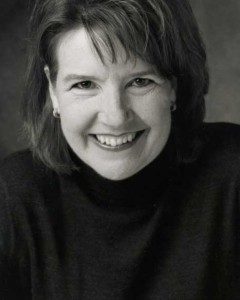
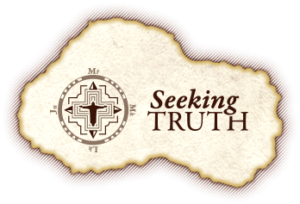

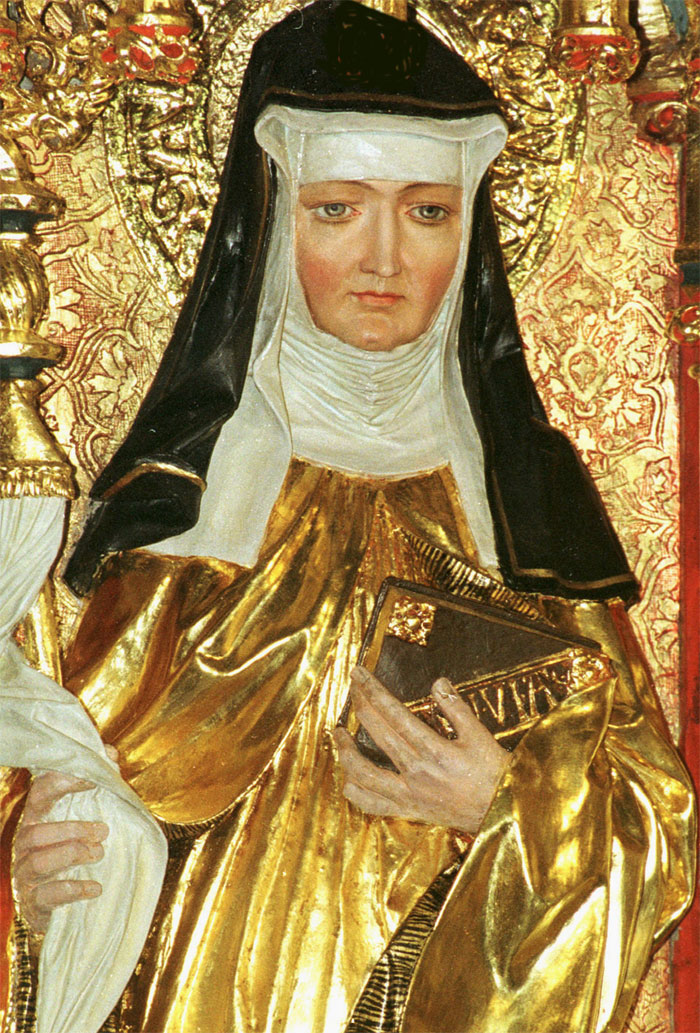 In Saint Hildegard of Bingen there is a wonderful harmony between teaching and daily life. In her, the search for God’s will in the imitation of Christ was expressed in the constant practice of virtue, which she exercised with supreme generosity and which she nourished from biblical, liturgical and patristic roots in the light of the Rule of Saint Benedict. Her persevering practice of obedience, simplicity, charity and hospitality was especially visible.
In Saint Hildegard of Bingen there is a wonderful harmony between teaching and daily life. In her, the search for God’s will in the imitation of Christ was expressed in the constant practice of virtue, which she exercised with supreme generosity and which she nourished from biblical, liturgical and patristic roots in the light of the Rule of Saint Benedict. Her persevering practice of obedience, simplicity, charity and hospitality was especially visible.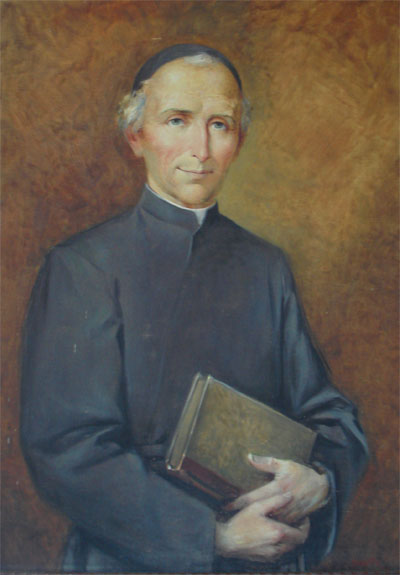

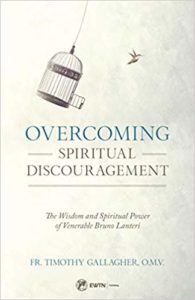
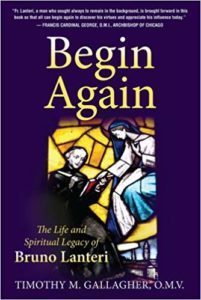
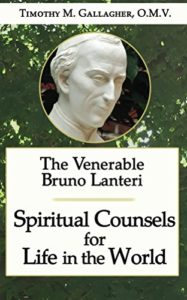
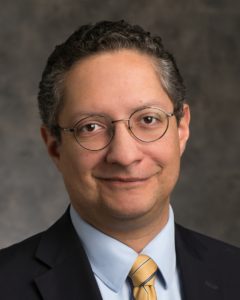 Episode 37- Regnum Novum: Bringing forth the New Evangelization through Catholic Social Teaching with Omar Gutierrez – We continue the study of the “
Episode 37- Regnum Novum: Bringing forth the New Evangelization through Catholic Social Teaching with Omar Gutierrez – We continue the study of the “